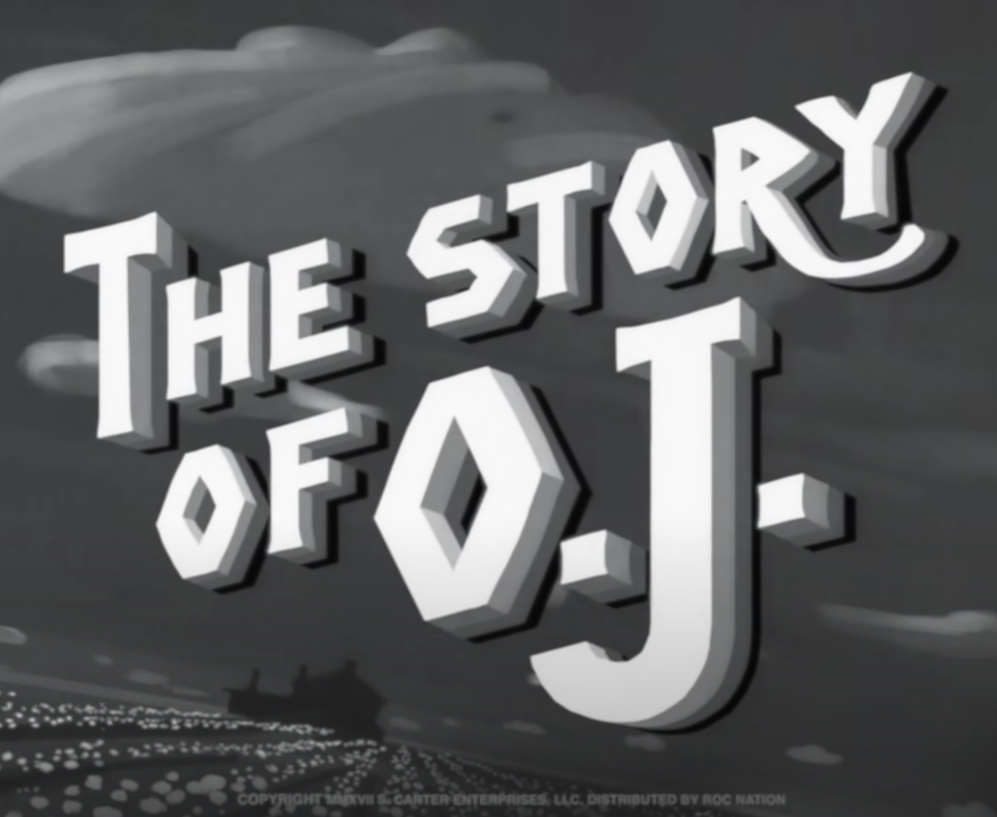



Jay Z’s “The Story of O.J” illustrates the perception of African American’s role in today’s society. He addresses African Americans of different classes, backgrounds, and skin tone and warns us to not erect borders that pin us against each other as a culture. To create separations based on these factors is irrelevant because at the end of the day, the world still only identifies us by the color of our skin. Instead, he encourages black people, especially the wealthy, to give back to the black community to help those at the bottom of the totem pole to thrive and become more successful. Despite the dark mood and seemingly negative lyrics, this song is a positive message to African Americans encouraging us to use our earned money to invest in each other in order to support our financial success which will lead to the empowerment of our culture.
Jay Z’s song is a sample of Nina Simone’s 1966 “Four Women” which is a song about four black women and the effects slavery had on them. In the Intro of “The Story of O.J.”, her vocals play as she says “Skin black, my skin is black/ My, black, my skin is yellow”. The lyrics are sampled this way to represent 2 black people being forced to find their identity through their skin color. Jay Z organizes the sampled lyrics to say “My, black” to signify that the second person speaking recognizes that they are black, however, they also take notice that “[their] skin is yellow”. Because they have a “yellow” or lighter skinned complexion, they already create a boundary separating them from the one who’s “skin is black”. This broken conversation illustrates how black people are forced to identify themselves based on their skin color which causes them to form conceptions about both themselves and other black people that don’t share the same skin tone – thus creating a cultural border within the black community.
Jay Z tries to break that narrative created in the intro by informing all black people that no matter your skin color, your popularity, or the amount of money you have, you’re still an African American individual and to someone who isn’t black, you will always be seen as just that. He lists “light… dark… faux… real… rich… poor… house… field… still n***a”. This line calls out black people who “attempt to distance themselves from the black community” (Boyle). He uses the racial slur throughout the chorus to address the individual black person, emphasizing the perception white Americans subconsciously have towards black people. In doing so, Jay Z discourages African Americans from discriminating each other by titles that create a sense of dominance over the other.
In the first lines of the first verse, Jay Z gives an example of one way black people separate themselves from each other. He says “House n***a, don’t mess with me/ I’m a field n***a, go shine cutlery/ Go play the quarters where the butlers be/ I’ma play the corners where the hustlers be.” House slaves somewhat liked their masters because they were treated much better than field slaves and, therefore, believed their lives were superior to theirs. In this part of the verse, the field slave disassociates himself from the house slave entirely to go “play the corners”, in order to hustle to survive while the house slave lives somewhat peacefully under the protection of his owner.
As a result of “play[ing] the corners,” impoverished black people do whatever they can to make quick cash to get a leg up on others in the community. Jay Z encourages African Americans to invest in order to secure financial longevity which will help better the situation of all African Americans. He urges the black youth, “Please don’t die over the neighborhood…” but to instead “Take [their] drug money and buy the neighborhood”. It is too dangerous risking one’s life by getting caught up in gangs, drugs and violence just to get quick money, blow it and start the cycle over again. Instead, Jay encourages us to invest. He provides a personal example where he “bought some artwork for one million…” and “few years later [it is] worth eight million/ I can’t wait to give this to my children.” He tries to reinforce that money is worth nothing if it doesn’t last and if it can’t benefit others (Boyle). By using our money to better the black community, we take a step to reconcile our culture and take down the border that has separated us for years.
– XRose

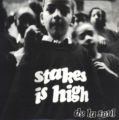
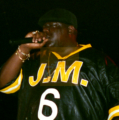
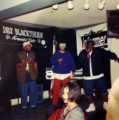
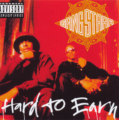
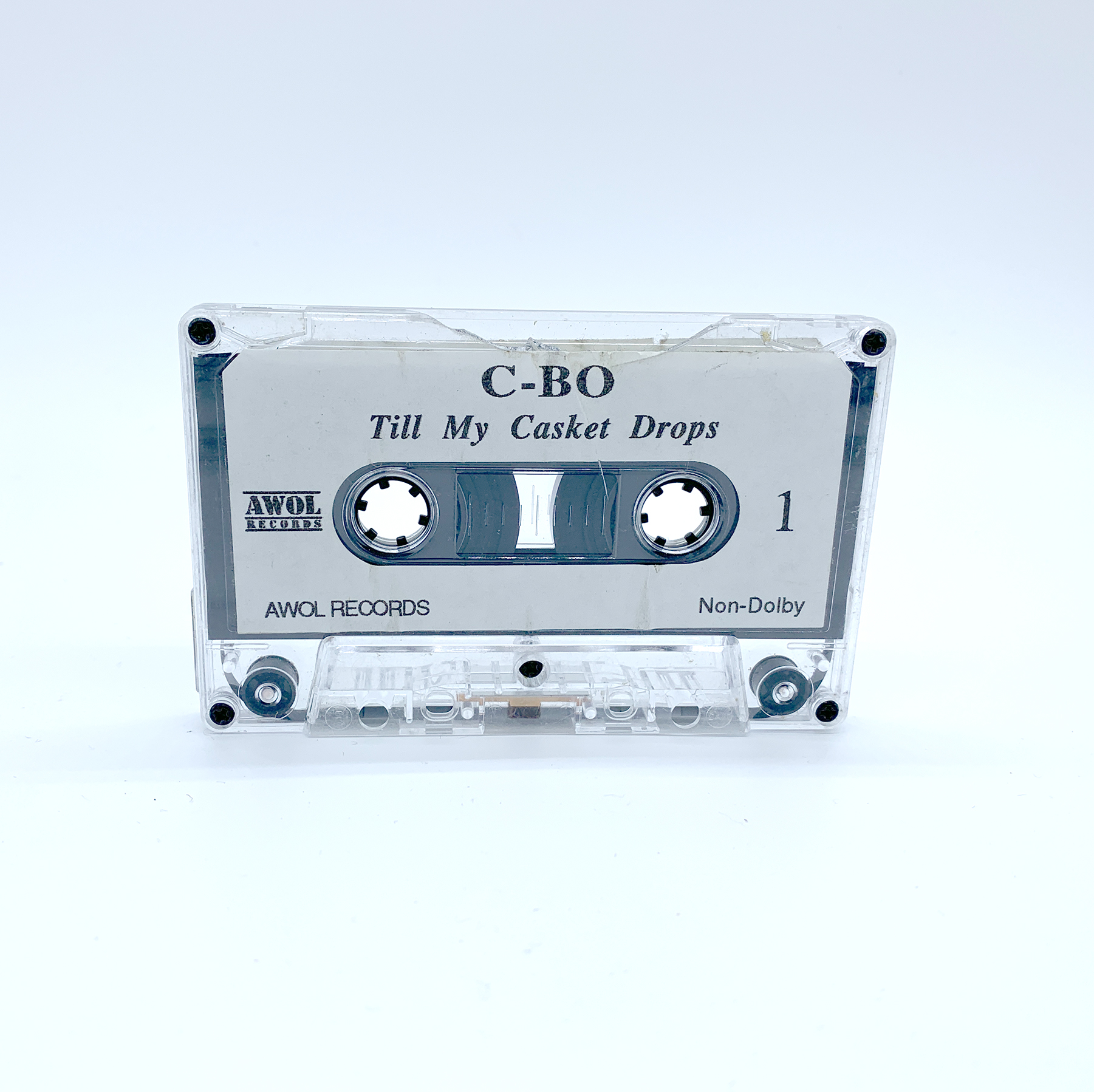
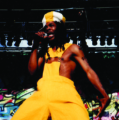
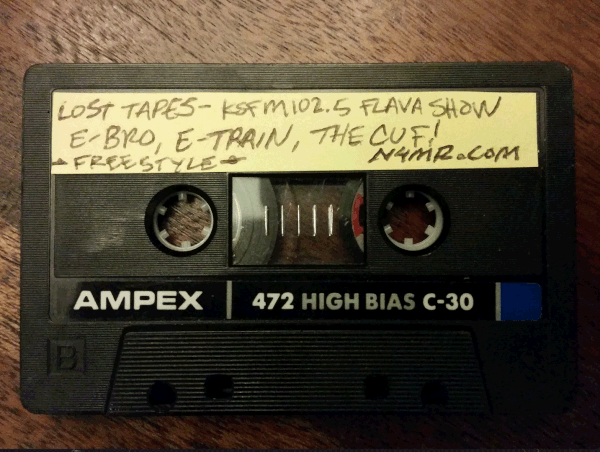
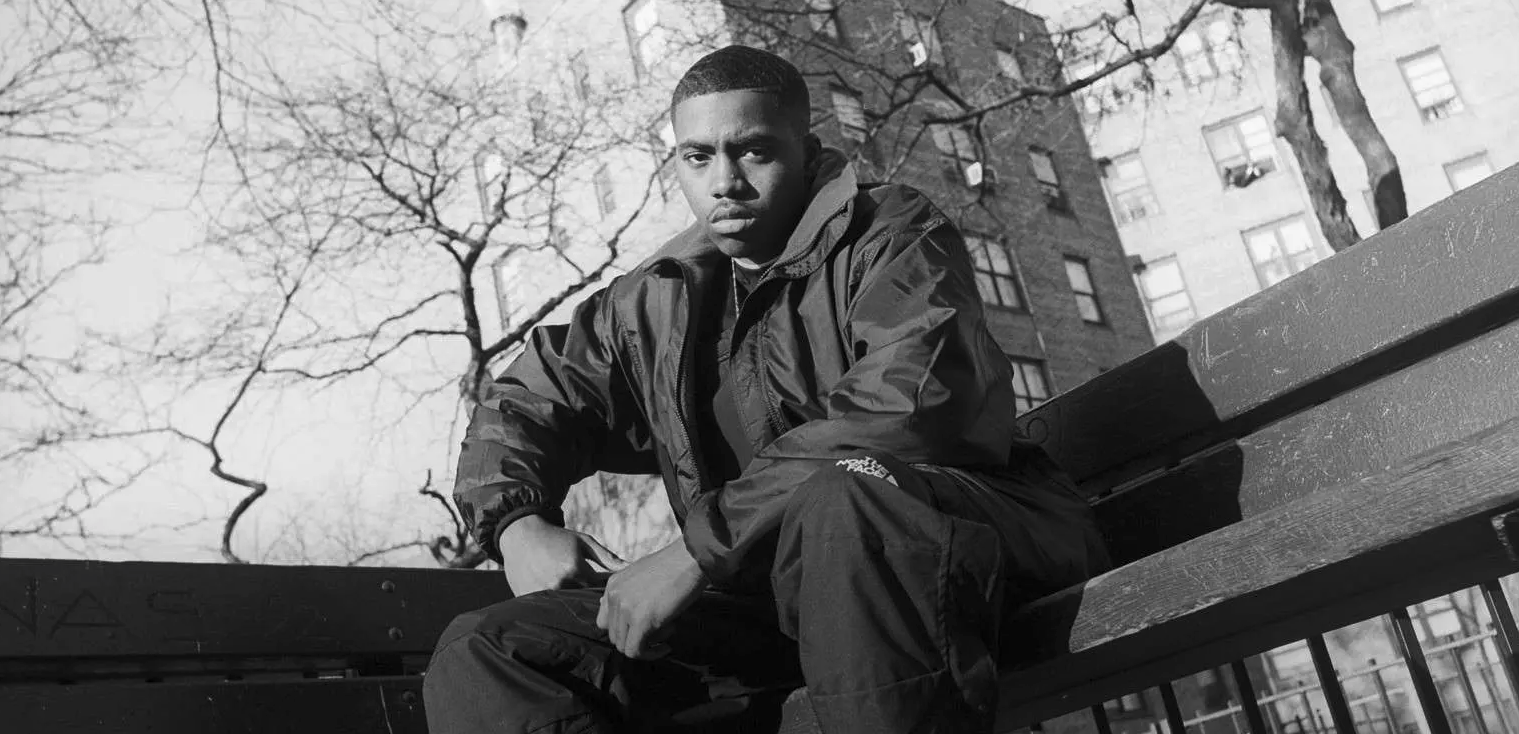
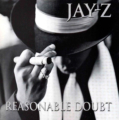
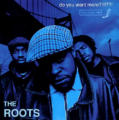




No comments so far.
Be first to leave comment below.